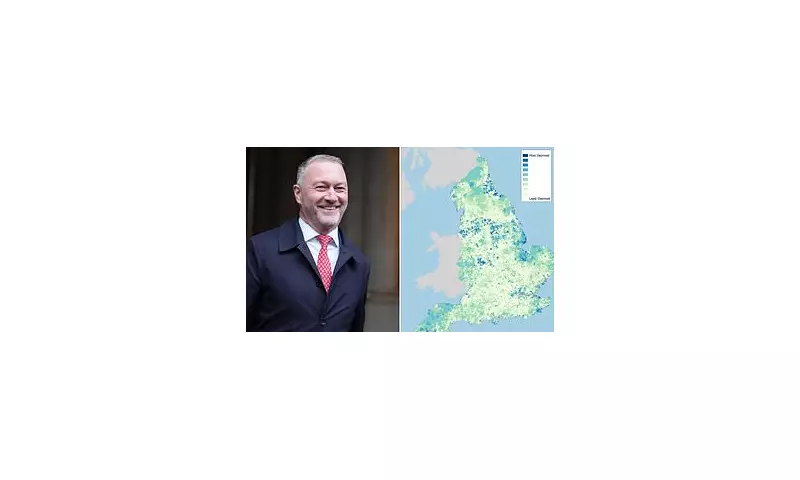
‘Fairer’ Funding System Sparks Council Tax Fears for Suburbs
The government is confronting a fierce backlash after unveiling a new local authority funding model, a move that warns families in England's suburbs and shires of even more painful council tax hikes. Ministers are diverting central funding to prop up what are described as Labour's urban heartlands, classified as suffering from 'deprivation'. This shift means better-off areas will increasingly have to rely on funds raised from their local populations and businesses.
Councils on the Brink and the Threat of Bankruptcy
County and district councils, many of which are already teetering on the brink of bankruptcy, have issued stark warnings. They say they will face immense pressure to hike local levies simply to make ends meet. This comes amid separate fears that London and the South East could be hit with a 'mansion tax' supplement on expensive properties in the upcoming Budget.
The Government defended its proposals, stating that the existing system allows some councils to benefit disproportionately, enabling them to build up large financial reserves while others struggled to cope. A government spokesperson said, "By taking account of the differing ability to raise funds locally, all local authorities will be able to provide the same level of service to residents."
A Bitter Backlash from Rural and County Councils
Communities Secretary Steve Reed stated the reforms aim to fix a system that "led to regional divides, postcode lotteries and substandard public services for too many people." He asserted that the changes would ensure cash is shared out more fairly according to need.
However, the County Councils Network (CCN) has accused the Government of backtracking on its funding commitments to rural areas. The CCN insists the reforms will unfairly target resources to urban metropolitan cities. CCN finance spokesman Steven Broadbent argued that the government had overlooked its own updated needs assessment, which showed counties had experienced the biggest increase in demand for support. "This seriously undermines the principles of the review," he said, questioning whether the process was evidence-led and transparent.
Similarly, the District Councils' Network (DCN) warned that the plan punishes councils most successful at housebuilding and growing their local economies. DCN finance spokesman Jeremy Newmark said, "Instead of delivering the essential financial reform and fiscal devolution that are needed, the Government is merely reallocating an already inadequate funding pot." He added that the consequence would be councils having to close services and scale back preventative work, including fitness programmes and early intervention to prevent homelessness.
While government sources have played down the prospect of abolishing the 5% limit on council tax increases without a local referendum, ministers are understood to be considering relaxing the cap for a very small number of central London authorities, such as Westminster. A swathe of councils have issued bankruptcy warnings due to spending pressures in areas like social care and SEND provision, with six local authorities earlier this year being given permission to raise council tax by up to 10%. The specific funding settlements for all councils are due to be confirmed in the coming months.





